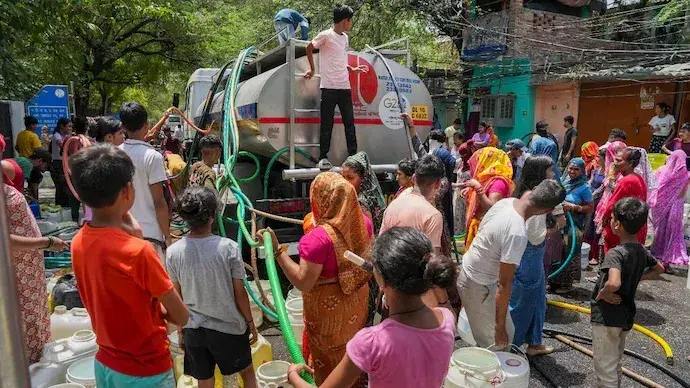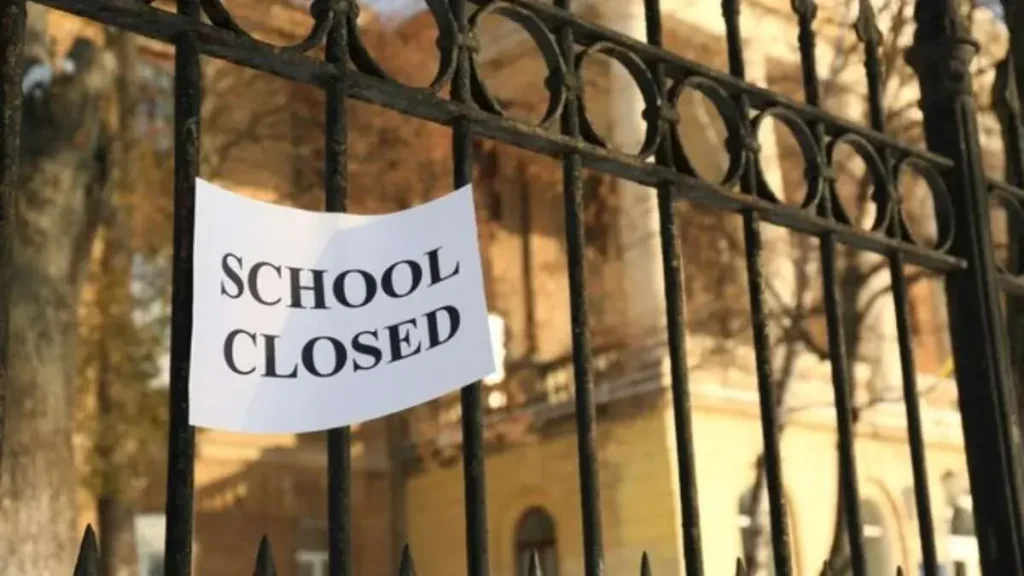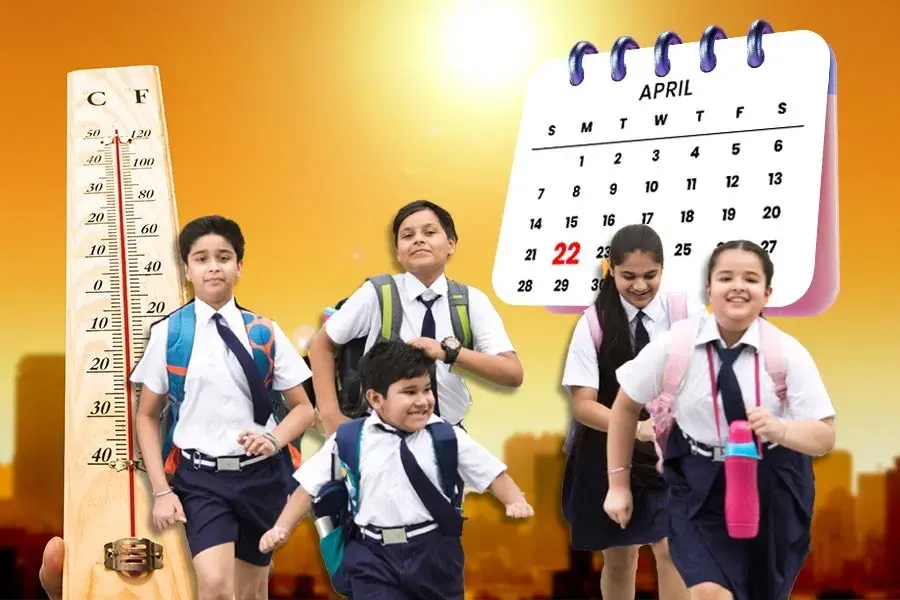Delhi Government Moves Supreme Court Seeking Relief Amid Water Crisis During Heatwave
The Delhi government has taken the issue of the water crisis amidst scorching heatwave conditions in the national capital to the Supreme Court. In its plea, the AAP-led government has appealed for the release of additional water from neighboring states like Haryana, Uttar Pradesh, and Himachal Pradesh for a month to address the water shortage. The soaring temperatures in Delhi, with some areas reaching up to 50 degrees Celsius, have escalated the demand for water, prompting urgent action from the Delhi government. Emergency measures have been implemented, including banning the use of potable water for car washing and construction activities. The Delhi Jal Board (DJB) has announced stringent penalties, with fines of Rs 2,000 for wastage of water. Additionally, a war room has been established by the DJB to manage water tanker supply, with citizens urged to contact 1916 for assistance. Chief Minister Arvind Kejriwal has called for political cooperation, emphasizing the need to prioritize the welfare of Delhi’s residents over partisan interests. He stressed the importance of securing water resources from neighboring states and urged the BJP leaders to collaborate in resolving the crisis. Amid the heatwave, Delhi has also witnessed a record peak power demand, surpassing 8,300 MW for the first time in its history. Despite the unprecedented demand, the power situation in Delhi remains stable, distinguishing it from neighboring areas where residents are grappling with prolonged power cuts. As protests erupt in Noida and Ghaziabad over power outages, Kejriwal highlighted the nationwide challenge posed by the heatwave, emphasizing the need for collective action to mitigate its impact. He underscored Delhi’s relatively stable power supply amidst the crisis, attributing it to effective management by the government. The plea filed by the Delhi government underscores the severity of the situation and seeks urgent intervention to alleviate the water shortage, emphasizing the importance of collaborative efforts to ensure the well-being of Delhi’s residents during the ongoing heatwave.



